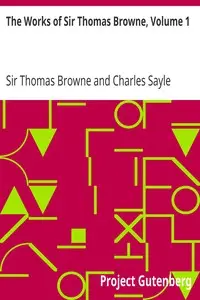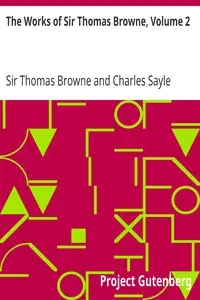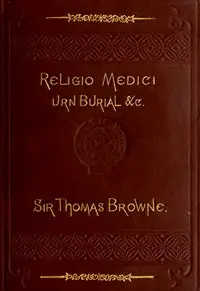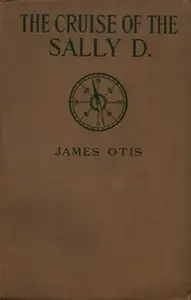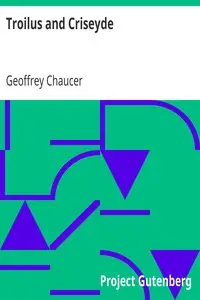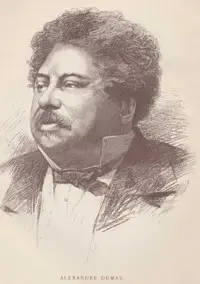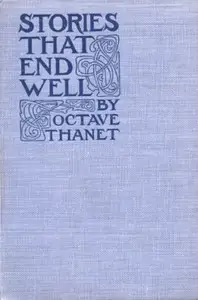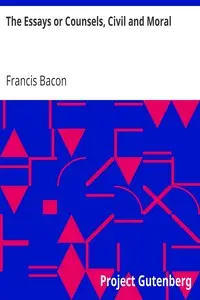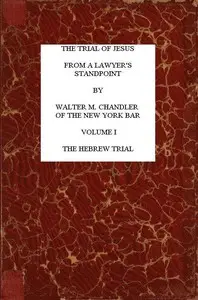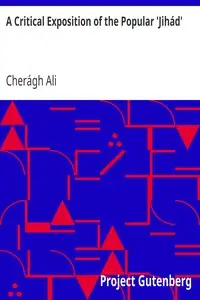"The Works of Sir Thomas Browne, Volume 3" by Sir Thomas Browne is a collection of philosophical essays and treatises, written in the 17th century. This volume includes various inquiries into biblical stories, natural history, and philosophical musings that reflect the intellectual discourse of the time. The topics range from the nature of forbidden fruit in paradise to questions about historical figures such as Methuselah and Aristotle, showcasing Browne's deep curiosity and eloquent prose. The opening of this volume introduces the first chapter, which discusses the traditional belief that the Forbidden Fruit in the Garden of Eden was an apple. Here, Browne questions this long-held notion, presenting various interpretations regarding the identity of the fruit, while also pointing out the implications of such assumptions. He emphasizes that the biblical text itself does not specify the fruit, leading to potential misconceptions. In subsequent chapters, he continues to explore similar themes, addressing topics such as the anatomy of man and woman, the age of Methuselah, and the significance of the mandrakes mentioned in Scripture, all through a lens that intertwines science and theology, encouraging readers to reflect on these narratives with a critical mind. (This is an automatically generated summary.)
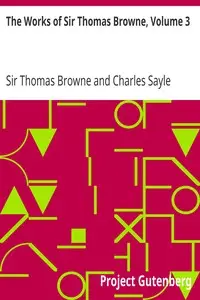
The Works of Sir Thomas Browne, Volume 3
By Thomas Browne
"The Works of Sir Thomas Browne, Volume 3" by Sir Thomas Browne is a collection of philosophical essays and treatises, written in the 17th century. Th...
Sir Thomas Browne was an English polymath and author of varied works which reveal his wide learning in diverse fields including science and medicine, religion and the esoteric. His writings display a deep curiosity towards the natural world, influenced by the Scientific Revolution of Baconian enquiry and are permeated by references to Classical and Biblical sources as well as the idiosyncrasies of his own personality. Although often described as suffused with melancholia, Browne's writings are also characterised by wit and subtle humour, while his literary style is varied, according to genre, resulting in a rich, unique prose which ranges from rough notebook observations to polished Baroque eloquence.


